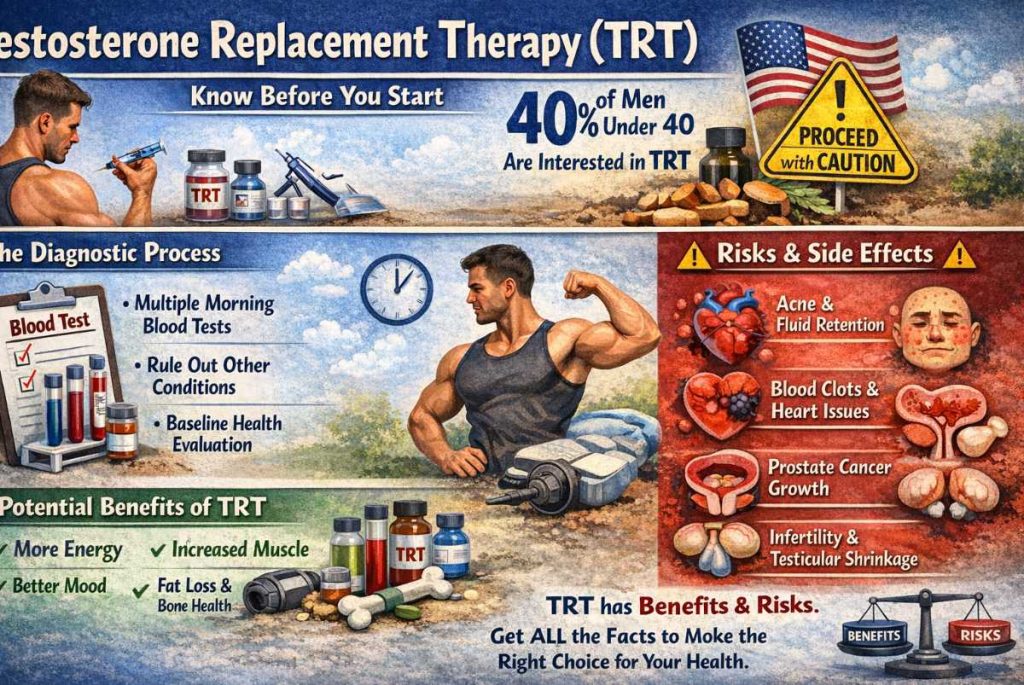The pressing situations cannot be avoided in a lifetime, be it work-related, the relationship or unforeseen crises. As much as you need to learn to control your feelings during these moments, it is necessary to take care of mental clarity, physical health and wellbeing as a whole.
Emotional self-regulation helps you act in a more thoughtful way instead of instantly reacting thus minimizing stress over a long period of time as well as self-growth. People would usually turn to professional assistance in the form of emotional therapy so they could improve their skills in dealing with emotions.
Understanding Emotional Triggers
Emotional self-regulation begins with understanding what triggers intense reactions. Every individual is individualist in the sense of his or her stressors that trigger anxiety, anger or feelings of frustration. Being able to identify these triggers comes through genuine reflection and in some cases involvement of a therapist or counselor.
The ability to identify patterns in ways to describe emotional responses to situations allows drawing on high-stress situations and having strategies to respond to them with greater composure.
After identification of triggers, a person can more easily detach the emotional response to the fact. The said awareness leaves room to make decisions mindfully and prevents reactive behavior.
Frequent thought, journaling, or communicating with a therapist in a therapy Toronto session will be able to give an idea about the causes of these responses.
Developing Mindful Awareness
Mindfulness is a core technique in emotional self-regulation. Mindfulness entails being aware of the current situation without any judgment but simply welcoming thoughts and emotions as they come. This awareness will enable you to detect tensions and anxiety when they are still fresh and before they develop to a high level.
Mindfulness may be practiced by means of meditation or breathing routine or simply by means of stops during the day.
Through mindful awareness you learn to respond and not react over time. You start seeing the body signs of stress, muscle tension, heart rate too high, and can apply relaxation measures instantly. Therapy will be able to provide organized sessions of mindfulness in order to make it an everyday discipline and develop an emotional resilience.
Utilizing Breathing Techniques
The best way of controlling the intensity of emotions is breathing techniques. Deep breathing in slow cadences helps to stabilize the nervous system and blood pressure, weakening the physiological processes of stress and making a person feel calm.
The methods, like diaphragmatic breathing or box breathing, should be readily available and can be practiced anywhere thus making them even more reasonable to apply during high-stress moments.
Practicing breathing exercises preps the body to react less emphatically to a stressed situation. Concentrating on the breath also takes the mind off the source of the stress, and onto a deliberate and stabilization-focused action.
In the course of time, this behavior strengthens emotional stability and may be integrated with other coping tactics being learnt during the therapy.
Implementing Cognitive Strategies
Cognitive strategies involve changing thought patterns that intensify stress. Negative self-talk, catastrophizing, or rumination can worsen emotional reactions. Substituting such thoughts with real, practical points of view will make emotional experience of difficult situations less tough.
Reframing or disputing irrational beliefs represent some of the techniques to use when controlling emotions.
Engaging in cognitive strategies requires practice and self-awareness. Over repeated use, you come to take a more objective view of situations and thereby act in a more reasonable and deliberate manner as opposed to an emotional impulsive manner.
Professional assistance coming along with therapy, can introduce some organized exercises and facilitation of mastering these cognitive processes.
Building Long-Term Emotional Resilience

The formation of emotional self-regulation is not associated only with the crisis situation when one faces a serious problem; this is an independent practice and lifestyle changes. Self-care, adequate sleep, good nutrition and exercise are all ways that can help one have emotional resilience.
Cultivating beneficial social interactions is also a way of warding off stress and strengthening effective coping.
Emotional resilience prevents stressful conditions and enables a person to face stressors with assurance and poise. With persistent use of such self-regulation techniques and professional assistance when necessary, you form a long-term workable strategy to effectively deal with emotions.
In this process, Therapy is an excellent source of personal advice and continuous improvement of skills.





